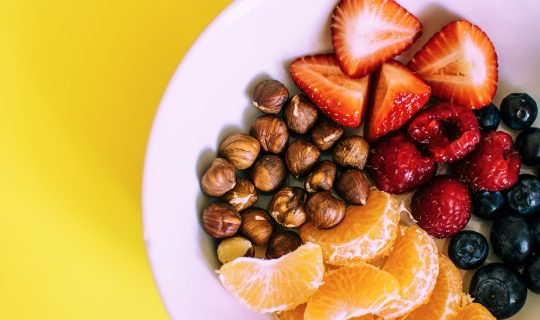Ozempic, Wegovy and other GLP-1 agonists — often referred to as weight loss jabs — have become almost impossible to ignore. They’re widely promoted for appetite control, weight loss and improved blood sugar regulation, and for many busy women they seem like a welcome shortcut when trying to lose some extra weight (not discussing here…
September vegetable of the month: Butternut Squash
by Dan
Technically a fruit, butternut squash like many colourful vegetables/fruits is rich in antioxidants and vitamins. Native to the Americas, like pumpkins and courgettes, is a member of the cucurbitaceae family.
Nutritional value
A 100gr can provide 228% of your recommended daily intake of vitamin A in form of carotenoids (beta and alpha carotene and beta-cryptoxanthin) and over 25% of vitamin C. Vitamin A and C are two powerful antioxidants also necessary for the immune system’s health, collagen synthesis (vitamin C), iron absorption (vitamin C) and bone health (vitamin A). Its high content in fibre makes it ideal to regulate blood sugar levels and feed the good gut bacteria. Butternut squash is also a source of important minerals such as magnesium, potassium and manganese. Magnesium and potassium are important electrolytes useful in regulating blood pressure, and manganese is vital for bone remineralisation.
Recipe ideas
Butter nut squash is delicious baked and served with crumbled feta and pomegranate seeds, or added to a risotto. Try it as a side instead of potatoes for an extra dose of fibre, improving blood sugar regulation and gut function, and vitamins for increased antioxidants. Butternut squash is also great in baking, try to add it to muffins or bread!



